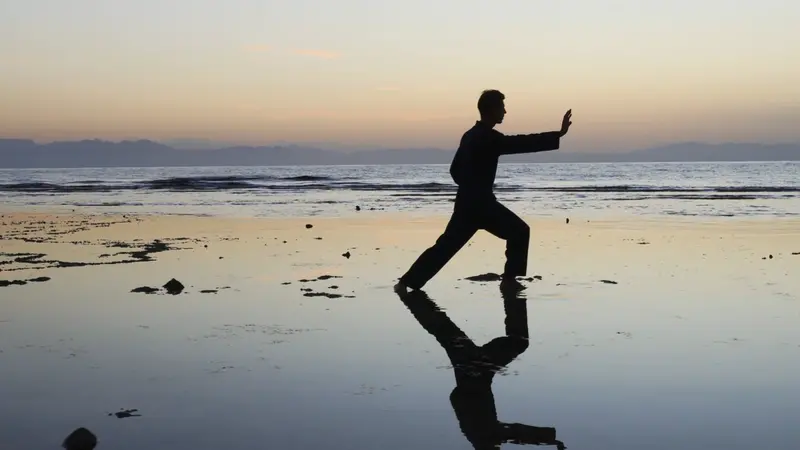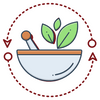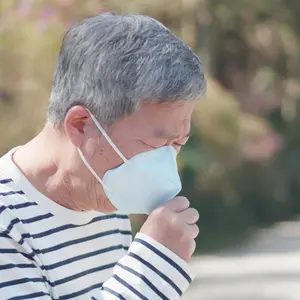

Complementary and Alternative Medicine (CAM)

Complementary and Alternative Medicine (CAM)
Ancient Art of Qigong Improves Mobility and Well-Being
The ancient Chinese practice of Qigong, designed to improve mobility and well-being, combines slow body movements with focused breathing. Qigong (pronounced chee-kung or chee-kong), is a Mandarin term that means "energy work." The foundation of the practice is to enhance the flow of energy through the body. This gentle form of low-impact exercise can be modified easily to adapt to a person’s physical limitations, is appropriate for any age, and requires no equipment.
As Qigong is ideal for injury prevention and flexibility, many seniors are drawn to it. Experts in the practice say people tend to move through life in a habitual way so their bodies lose fluidity and coordination. This can cause injury when, for instance, the surface of a pathway changes and the body must quickly adapt.
The exercises are simple, which is part of what makes Qigong so effective. The movements retrain the body to master small, detailed movements that may have been lost over time due to a sedentary lifestyle, injury, or years of repetitive motions. Balance can also be improved, which is important as people age.
Some Qigong movements have origins in the Shaolin martial arts to help release tension in the body and alleviate stress. Deep-breathing exercises incorporate slow movement to help calm the body and mind. But Qigong has benefits beyond the physical, such as uplifting mood, enhancing inner peace, and opening the mind for greater spiritual connection.
REFERENCES
CBC News. (2020, July 7). Qigong exercises to increase mobility and mindfulness. https://www.cbc.ca/life/wellness/qigong-exercises-to-increase-mobility-and-mindfulness-1.5578767


 By
By







